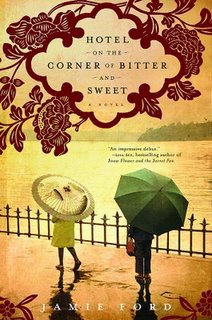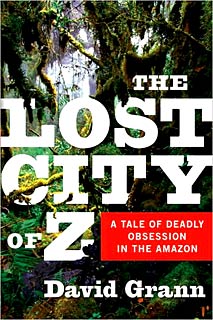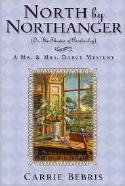This review contains affiliate links, which earn me a small commission when you click and purchase, at no extra cost to you. Thank you for supporting my small business and allowing me to continue providing you a reliable resource for clean book ratings.
I live about 70 miles from the former site of the Japanese internment camp Topaz (Delta, Utah), which locked away 110,000 Japanese-Americans during World War II. Across the western United States miniature cities rose out of the dust as American citizens with Japanese heritage were rounded up and forced to relocate, leaving behind professions, homes, friends, and belongings. It was the worst of times.
What fear drives an American president to lock away hundreds of thousands of innocent men, women and children? For their protection? For the country’s protection? In my grandparents’ home in Salt Lake City, Utah, there are hammer marks on the walls in the basement where my grandfather pounded the walls in rage when the Japanese invaded Pearl Harbor. He was “too old” to serve in the military, but served in various capacities on the home front.
Years later, in the late 1980s, my cousin served as a missionary in Japan. Impressed with the culture, he returned to study and work, eventually marrying a Japanese woman. So my family knows a little about the dynamics of bringing two cultures together — two cultures that were enemies not long ago.
In Jamie Ford’s debut novel, Hotel on the Corner of Bitter and Sweet, Henry is a twelve-year old Chinese boy growing up in Seattle. The city is a melting pot in its own right, and Henry lives in “Chinatown” near the Japanese district. Forced to wear a large button by his father that reads, “I am Chinese,” Henry attends an all-white school on “scholarship.” Each day he’s faced with bullying from the other kids, one boy in particular named Chaz. But this is not the typical coming-of-age story of a kid facing persecution in one form or another. As Henry serves cafeteria duty to pay for his scholarship, another student is assigned to the kitchen. But it’s a girl. And she’s Japanese.
Henry’s father is Chinese through and through — and continues to be a bitter enemy to all who are Japanese because of the ongoing conflicts between the two peoples back on Asian soil. Henry’s immediate reaction to the Japanese girl, Keiko, is contempt. But he soon learns to take back all previous assumptions, and they form a friendship of a lifetime. Of course, you can see it coming — and Keiko and her family are sent to an internment camp. But the majority of the novel is filled with surprises and a breadth of questions that stir emotions. Poignant and beautifully written, this is a book that is complex, yet masterfully simple.
Rated: Mild, for war-time trauma, bullying
Click here to purchase your copy of Hotel on the Corner of Bitter and Sweet on Amazon.





I absolutely LOVED this book. It was a good, clean read. I don’t know if I cried more because the book was over or because of the content. This is an excellent read!
I loved this book—-the story, the way it was written, and the depth of it. I also appreciated that it didn’t have any bad words in it. I may have missed one, but I honestly didn’t see one single swear word or close to it. Jamie Ford proves that a fantastic story can be written without using vulgar language or even questionable language. This story talked to my soul. Deeply moving. I agree, excellent read!
Pingback: Songs of Willow Frost | Rated Reads
A very thoughtful book and proof, as one reviewer said, you can write an amazing story without explicit sex and coarse language.